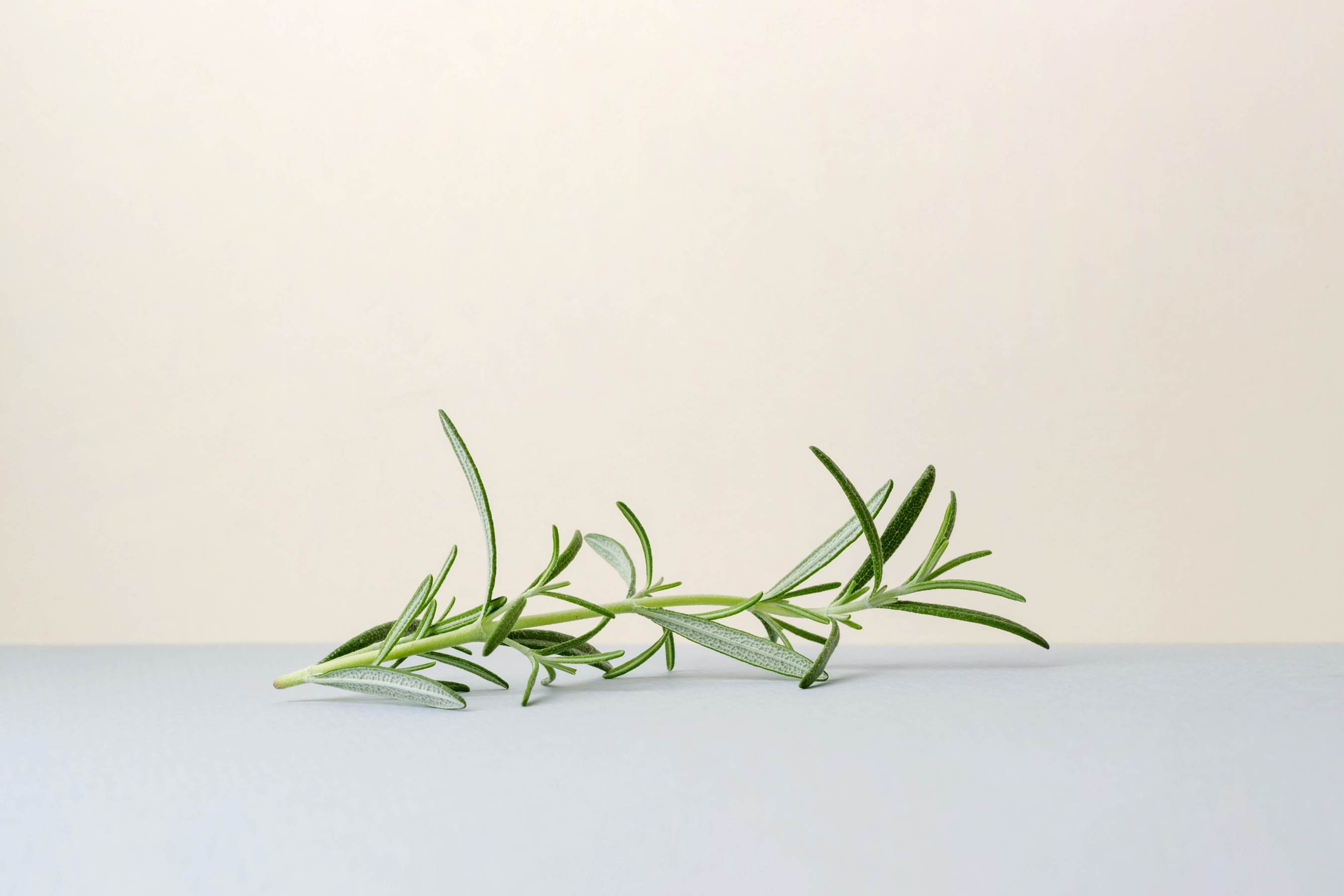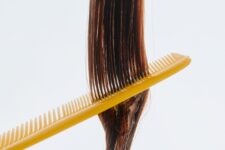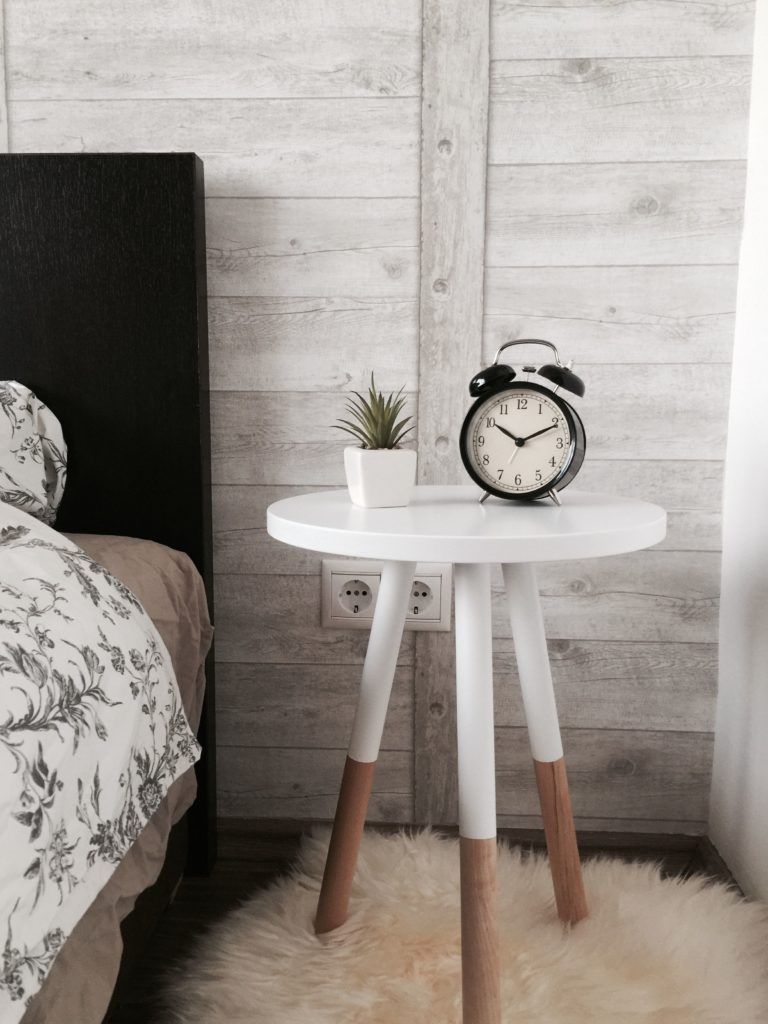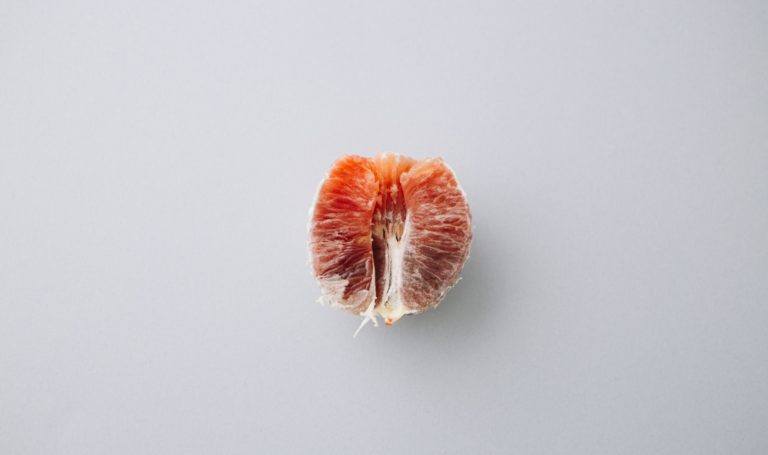I’m writing this in the aftermath of Hurricane Sandy, which wreaked havoc across the Northeast taking lives, destroying homes, and leaving millions of people without power for several days. As we start to get back to normal this week at the Yinova Center, our hearts go out to people who are still suffering and who will need our support for many months as they rebuild their lives.
One immediate concern for people whose property was flooded is mold. Several patients told me they had been evacuated ahead of the storm and were about to move back into their flooded homes. They were, quite rightly, worried about how damp their environment would be and several asked my advice about mold.
Not everyone is allergic to mold but many people are very sensitive to it and the most common problems they suffer are allergies, asthma, and sinusitis, all of which are the result of inhaling spores. Mold can also be ingested in food, resulting in chronic digestive problems, and can affect the skin resulting in uncomfortable rashes. Long term exposure to mold can affect the immune system and cause autoimmune reactions.
My first advice to our Yinova patients this week was: Don’t panic! An ounce of prevention is worth a pound of cure as the old saying goes, and these are early days when prevention is still possible. So now is the time to make sure that mold doesn’t take hold.
- Clean hard surfaces, such as wood or concrete, by scrubbing the area with diluted detergent and hot water. Rinse, and then sanitize with a solution of 1/4 cup of unscented, liquid chlorine bleach per gallon water. Disinfectants are only effective on previously cleaned surfaces so don’t skip the first step by using the disinfectants instead of, or before, cleaning with soap (Never mix bleach with ammonia or other cleaners)
- Dryness is the enemy of mold so air things out and allow everything to dry thoroughly, preferably with the help of a fan or dehumidifier.
- Cut out carpet or sheetrock that isn’t drying out or smells moldy and throw it away. The same goes for books, papers, and fabrics.
- Wear a mask and gloves so that you don’t inhale spores and to protect yourself from chemicals in the cleaning products.
If you or your family do start to sniffle, cough or wheeze, pay attention, and act quickly. Mold sinusitis (eosinophilic fungal rhinosinusitis) is a particular concern and can cause chronic sinus infections that do not respond to antibiotics. You should consult your doctor before it becomes entrenched but here are some of the self-help tips I give our Yinova patients.
- The Chinese herbs herb Xin Yi Hua (Magnolia flower) has an anti-inflammatory and anti-microbial effect on the sinuses. It’s one of the herbs in a formula called Xanthium Nasal Tablets which is available at our clinic. We also have specific formulas for cough and asthma so feel free to consult us for advice. A specifically tailored formula can also be prescribed and would include herbs to drain dampness, detoxify, and support the immune system.
- Cinnamon has particularly strong anti-fungal properties. Check out this research which describes how cinnamon is being used in bread wrappers as a way to keep out mold. You can add it to your food, breathe it as an essential oil, or use it in tincture form as a medicinal herb.
- Acupuncture can reduce inflammation in the sinuses or bronchial passages and can help the body’s immune system respond to an assault.
- Breathing in an infusion of essential oils in hot water can also have an antimicrobial effect. I suggest filling a bowl with hot water and adding some of the following essential oils – tea tree, cloves, rosemary, orange, and cinnamon. Lean over the bowl with a towel draped over your head to contain the steam and inhale the essential oils allowing the steam to carry them into your nasal passages and lungs.
- Avoid foods that contribute to dampness in your body such as dairy products (except yogurt), sweets, and fatty foods.
- Avoid foods that contain yeast or fungi such as alcohol, mushrooms, bread, and vinegar.






